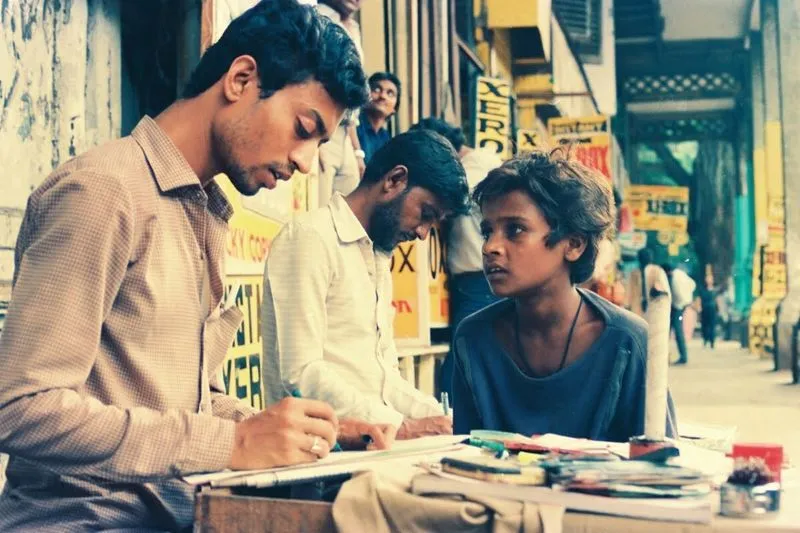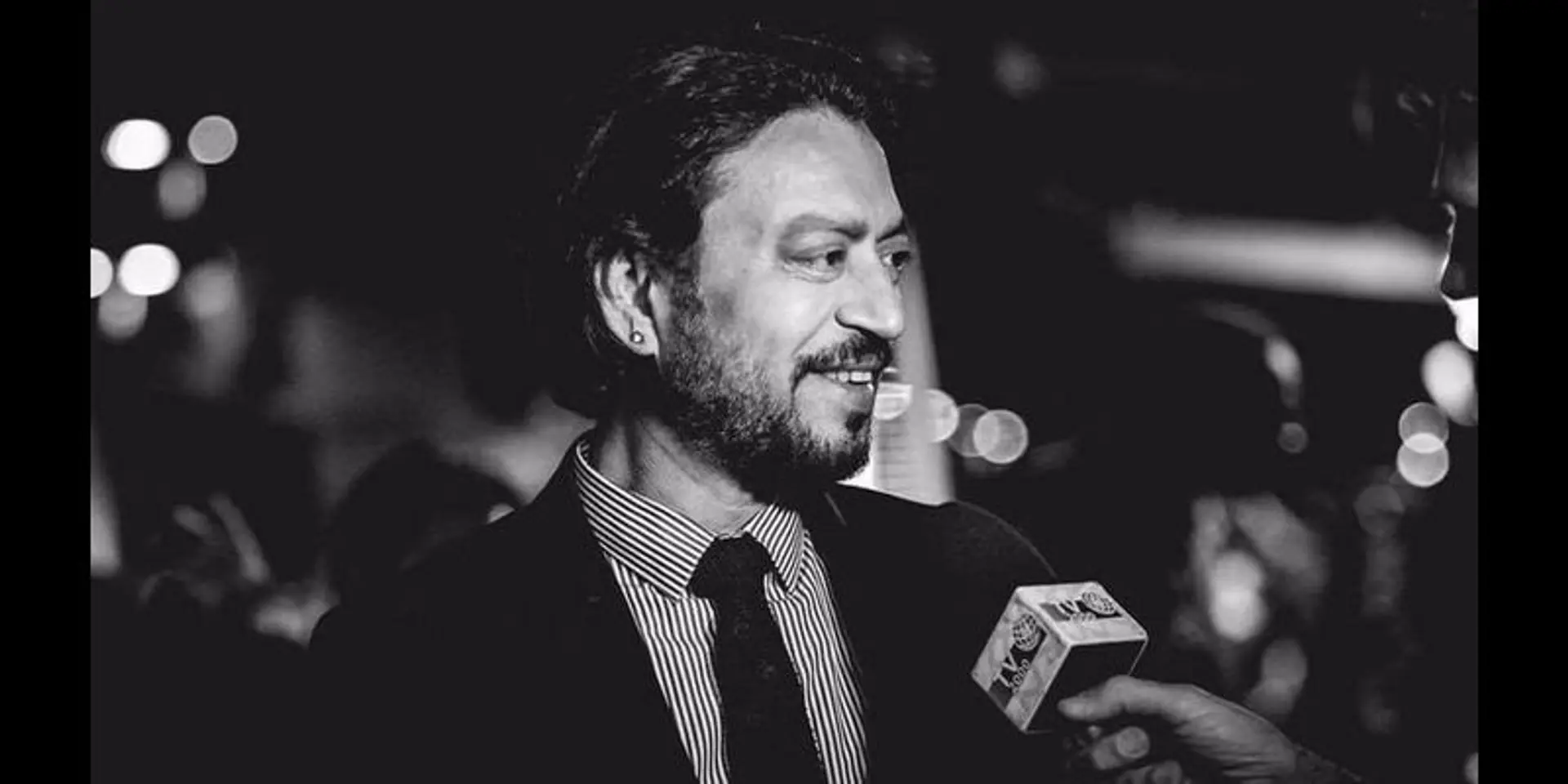Irrfan Khan, actor extraordinaire, leaves behind his unique brand of stories
Irrfan Khan’s legacy will live on in our hearts. The 54-year-old actor breathed his last in Mumbai this morning after a battle with cancer.
There are many stories about Irrfan Khan… like there are about all cerebral artistes. But perhaps the most interesting one was shared with me by the actor himself.
Irrfan resided in a place distant from mainland Mumbai — the epicentre of India’s entertainment industry — because he shunned the “corrupting” influence of “a movie-city like Bombay”.
The cacophony of B-town often disturbed him, especially early in his career. So, the actor would travel to the film districts by day, wrap up shoots, and retire to his tranquil, sea-facing duplex at night.
What an eerie occurrence then that Irrfan chose to breathe his last on a day when deathly silence pervades the streets of Mumbai. A city that knows a thing or two about adoring and cherishing its film stars is now grieving his demise indoors.

Irrfan Khan (Photo: Twitter)
The 54-year-old actor lost his battle with cancer this morning. His friend and filmmaker Shoojit Sircar (of Piku fame) shared the news in a tweet.
Irrfan, counted among the finest actors of this country, leaves behind an enviable filmography that stretches across mediums, languages, industries, and continents.
In a career spanning three decades, he starred in some of the most celebrated works of Indian cinema - Salaam Bombay!, Maqbool, Haasil, The Namesake, Life in a Metro, Paan Singh Tomar, The Lunchbox, Haider, Piku, Qissa, Talvar, Qarib Qarib Singlle, and more. His last film, Angrezi Medium, released in March.
His work fetched him widespread recognition, including a National Award (for Paan Singh Tomar) and a Padma Shri (India’s fourth-highest civilian honour) in 2011.

Irrfan Khan in a still from Salaam Bombay! (his debut film)
The actor’s British and American films include the internationally acclaimed Life of Pi, Slumdog Millionaire, Jurassic Park, Inferno, The Amazing-Spider Man, and the HBO series In Treatment.
Many believed that Irrfan was India’s first successful crossover star who was widely respected by critics and audiences even internationally.
In 2012, Time magazine wrote of him, “By eschewing Bollywood frivolity and focusing on his craft, Irrfan Khan has won the right to be considered the finest Indian actor of his generation.”
A year later, he starred in The Lunchbox, which went on to win the Grand Rail d'Or at the Cannes Film Festival and also earned a BAFTA nomination.
I met Irrfan shortly after the success of this independent project. The actor, who also co-produced the film, wore the acclaim on his sleeve.

Irrfan Khan in a still from The Lunchbox
“It is the first Indian film that was released like an English film [in terms of scale] across the world,” he told me, while gently rolling a joint — something he “got hooked on” to at the National School of Drama (NSD).
He also learned things like techniques at the premier acting school. Those often “stifled” him. “Earlier I used to look for a method. At NSD, they asked you to find a posture which would lead you to the emotion of a scene. It was among the various techniques they taught. But I could never connect to that,” he remembered.
From NSD to television to film to Hollywood — Irrfan Khan has traversed a journey few can only dream of. In the latter half of his career, the actor’s quest for “stories” that moved him peaked.
By his own admission, he was often “unfulfilled”. There is “a continuous struggle to find my kind of story… a story where I have a great experience and give the audience a great experience,” he told me.
But when he found those stories that moved him, he ended up moving the audience… sometimes unforgettably so.
As in one of his most talked about performances in Mira Nair’s The Namesake — a sublime celluloid adaptation of Jhumpa Lahiri’s Pulitzer Prize-winning novel by the same name, which also established Irrfan as an actor of repute in the Western world.
Playing a reticent Bengali professor, he tells his little son while standing on the edge of the sea, “Remember Gogol, that you and I made this journey, that we went together to a place where there was nowhere left to go.”
His words would haunt his son (played by Indian-American actor Kal Penn) years after he was gone in the film.
Needless to say, Irrfan Khan too will haunt us in the years to come... Like his character Roohdar (meaning ‘of the soul’ in Urdu) in Haider, he’s seeped into our veins!
Edited by Asha Chowdary








